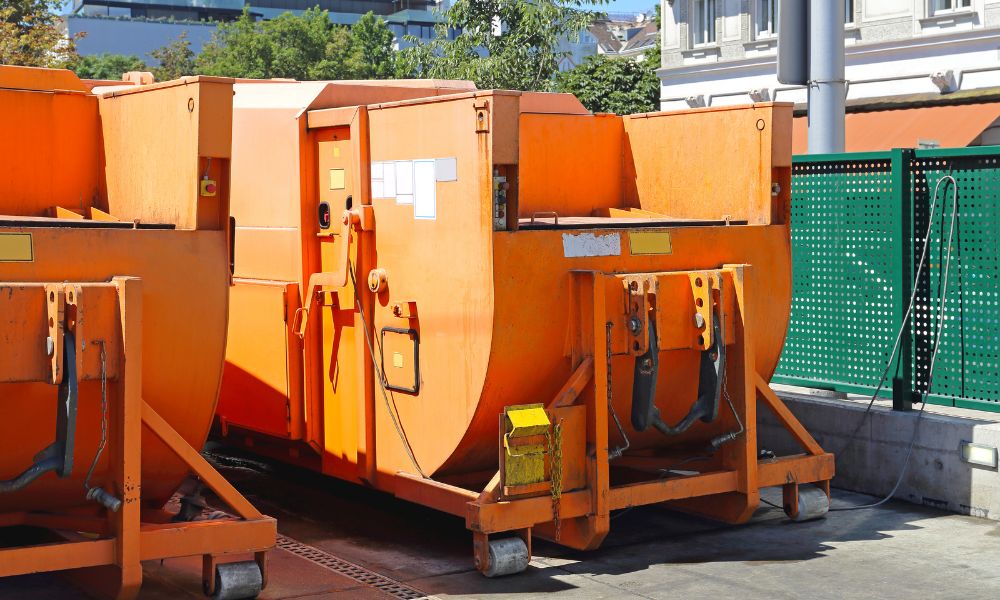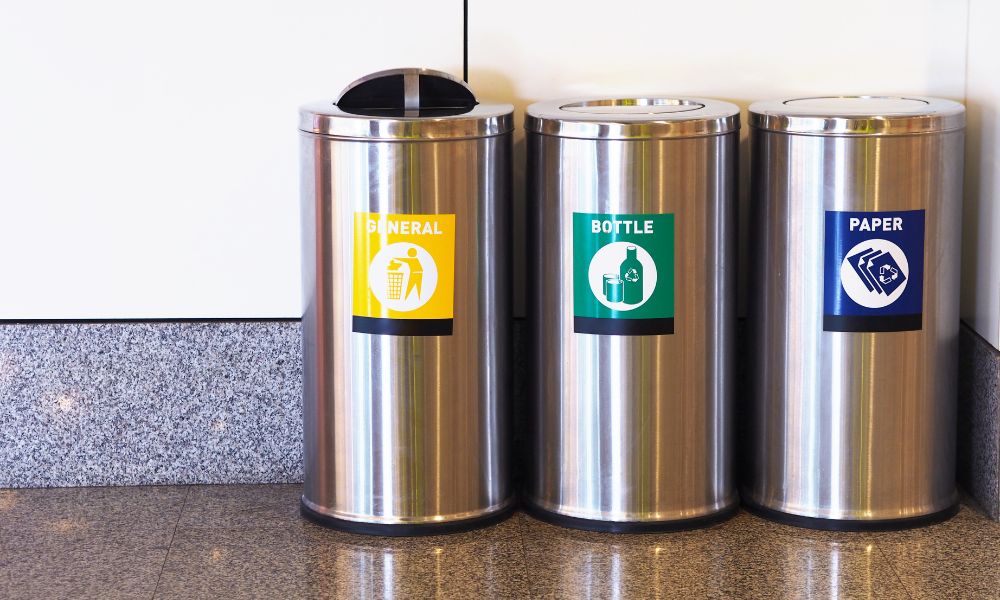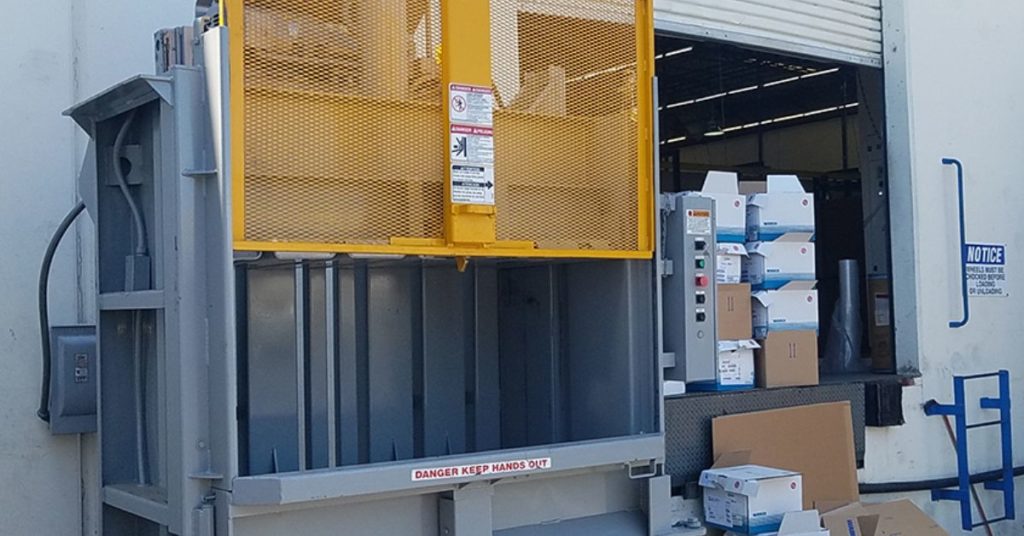Selecting the appropriate compactor size is crucial for businesses involved in construction, landscaping, waste management, and other industries. The efficiency and effectiveness of your operations heavily rely on choosing the right compactor size.
Making an informed choice can lead to cost savings, improved productivity, and more efficient time management. To assist businesses in making the right decision, we provide these tips for choosing the right size compactor. They’ll offer reliable solutions tailored to your commercial needs.
Analyze Your Business’s Requirements
Before choosing a compactor, you must know your business’s unique needs and characteristics. Consider the type and volume of materials your business deals with regularly. If your business revolves around food, then understanding the types of products and waste materials is essential. Having a clear idea of your specific requirements will guide you toward the compactor size that suits your commercial operations.
Evaluate Material Composition
Compacted materials can vary widely in density and composition in a commercial environment. It’s essential to consider the density of the materials you’re working with because this will significantly impact the size of the compactor. Compacting materials like cardboard or plastics may effectively use smaller, specialized units that’ll also optimize your space.
Assess Your Space
Small and maneuverable compactors are ideal for businesses with smaller working areas. If your business operates in large areas sites with open spaces, investing in a larger compactor could enhance productivity. Trash compactor rentals offer a great solution because you can select from various models and switch them to manage different situations.
Determine Compaction Force
To determine the required force, you need to calculate the compaction factor, which is the ratio of the material’s compacted volume to its loose volume. Different materials have varying compaction factors. Understanding these values will guide you in choosing a compactor with the right force capacity. Avoid getting a compactor with too much or too little force because that can lead to inefficiency and potential damage to equipment.
Consider Storage
To choose the right size compactor for your business, you must also consider the options when not in use. Think about where you’ll store the compactor to keep it safe, functional, and accessible. Ensure you have sufficient storage space that meets the size requirements of the compactor to protect your investment from the elements and unauthorized access.
Choosing the right size compactor is an important decision for businesses across various industries to optimize their processes. Following these tips will give you the necessary knowledge to choose a compactor that maximizes efficiency, reduces operational costs, and enhances productivity.


